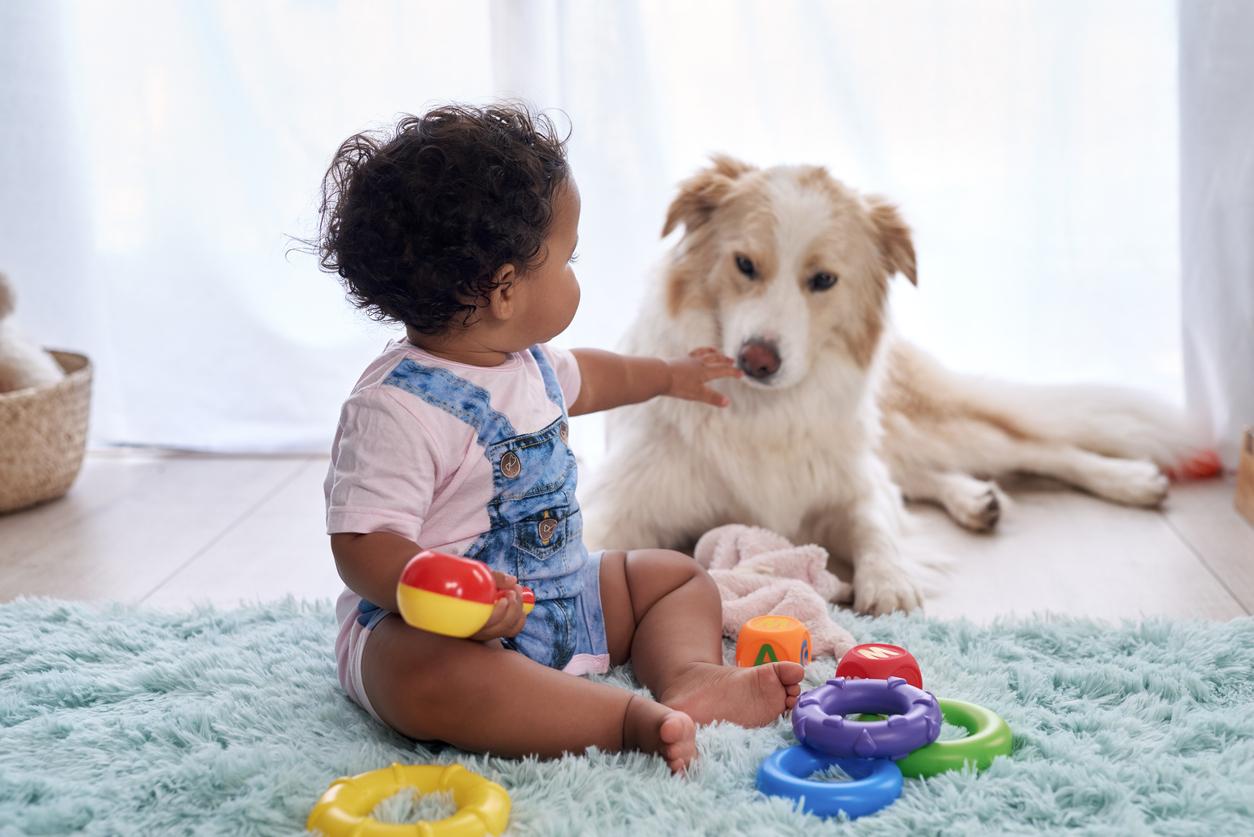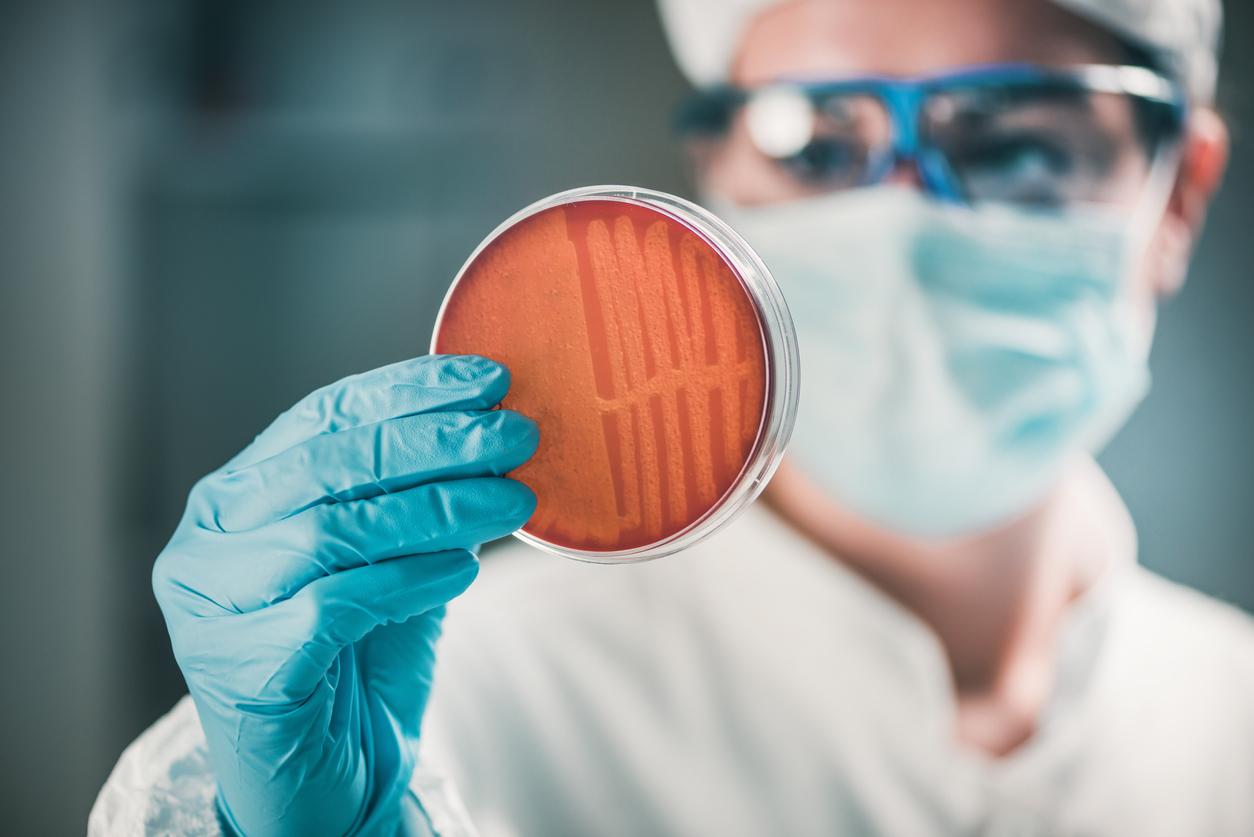According to a new study, dogs and cats can pass on multidrug-resistant “superbugs” to their owners…and vice versa!

- Animals can pass bacteria that are multi-resistant to drugs and antibiotics to their owners.
- Humans could also transmit these worrying organisms to their four-legged friends.
- If the level of sharing remains low, researchers are concerned about the risk of transmission to fragile people.
Toxoplasmosis, ringworm, rabies, cat scratch disease, leishmaniasis… pets can transmit many infections to their masters. But that would not be all. Research from Charité University Hospital Berlin revealed that they could also be carriers of multi-drug resistant bacteria (MDRO) that can infect humans.
The study will be presented at the European Congress of Clinical Microbiology and Infectious Diseases (ECCMID) taking place in Copenhagen from April 15-18, 2023.
Antibiotic-resistant superbugs can be transmitted by animals
The researchers followed more than 2,800 hospitalized patients and their pets. They took nasal and rectal swabs from the patients. They searched the samples for the most common superbugs in hospitalized people: Staphylococcus aureus methicillin-resistant enterococci, vancomycin-resistant enterococci, 3rd generation cephalosporin-resistant enterobacteriaceae, and carbapenem-resistant enterobacteriaceae. Several antibiotics including penicillin and cephalosporins are not effective against these organisms.
Overall, 30% of hospitalized patients tested positive for MDRO. 11% of them had a dog and 9% a cat. In addition, 13% of those who were negative had animals.
All 626 owners were asked to send in saliva and stool samples from their pets. In total, 300 masters transmitted samples of 400 animals. Of these, 15% of dogs and 5% of cats tested positive for at least one MDRO. In four cases, MDROs were phenotypically similar (MDROs belonged to the same species and showed the same antibiotic resistance) in pets and household members.
According to scientists, humans could also transmit these dangerous microbes to their four-legged friends.
Super bacteria: watch out for the most vulnerable people
These results confirm that the sharing of multidrug-resistant organisms between pets and their owners is possible. “However, we have identified only a handful of cases suggesting that neither cat nor dog ownership is a significant risk factor for colonization by multidrug-resistant organisms in hospitalized patients”estimates the person in charge of the study, Dr Carolin Hackmann in a communicated.
However, she warns against the observed phenomenon: “Although the level of sharing between hospitalized patients and their pets is very low, carriers can spread bacteria in their environment for months, and they can be a source of infection for others who are more vulnerable to hospital, such as those with weak immune systems and very young or elderly people.”















